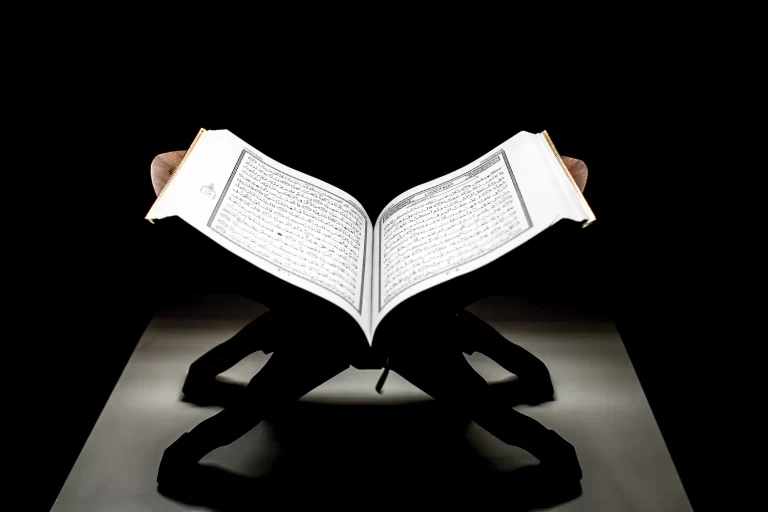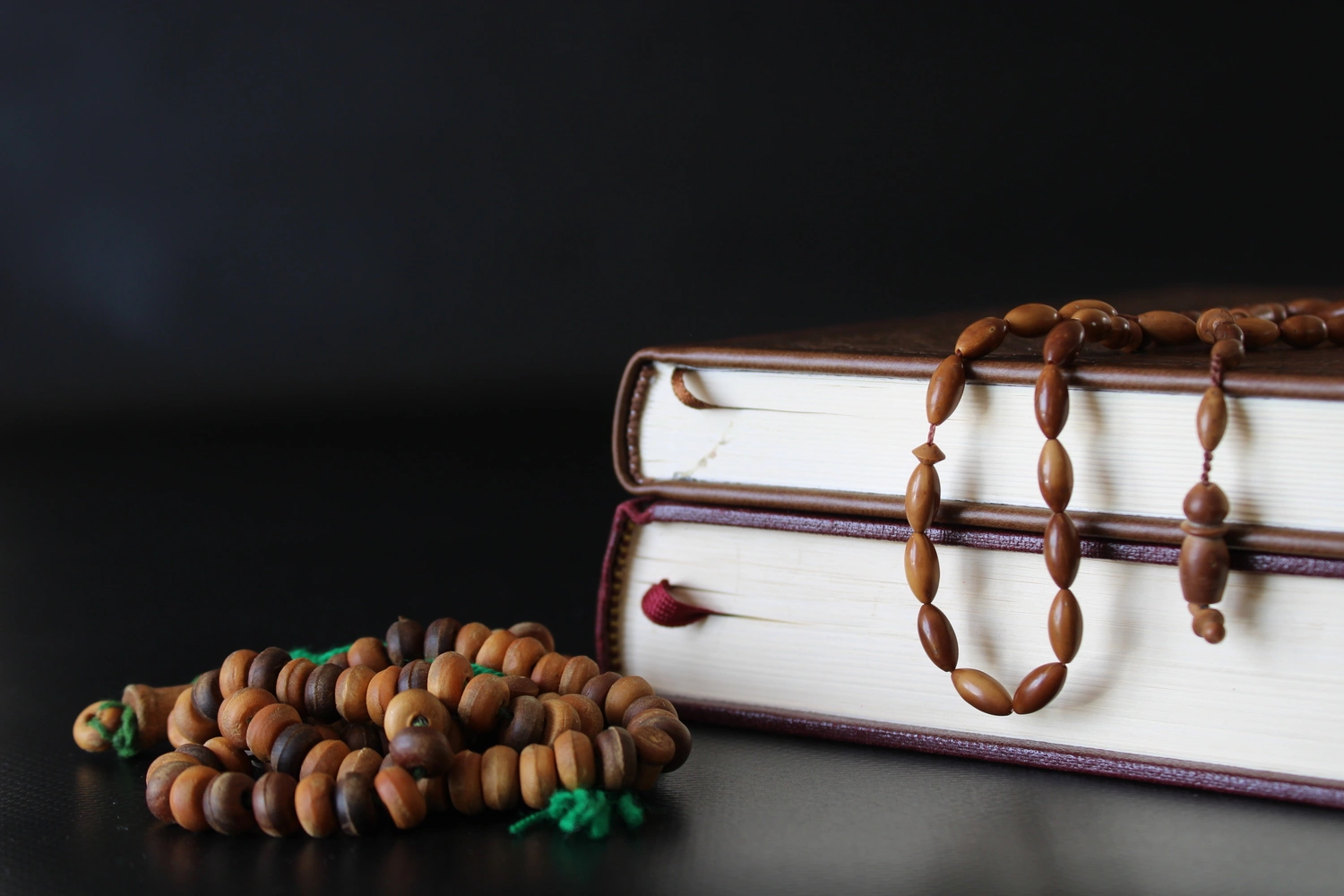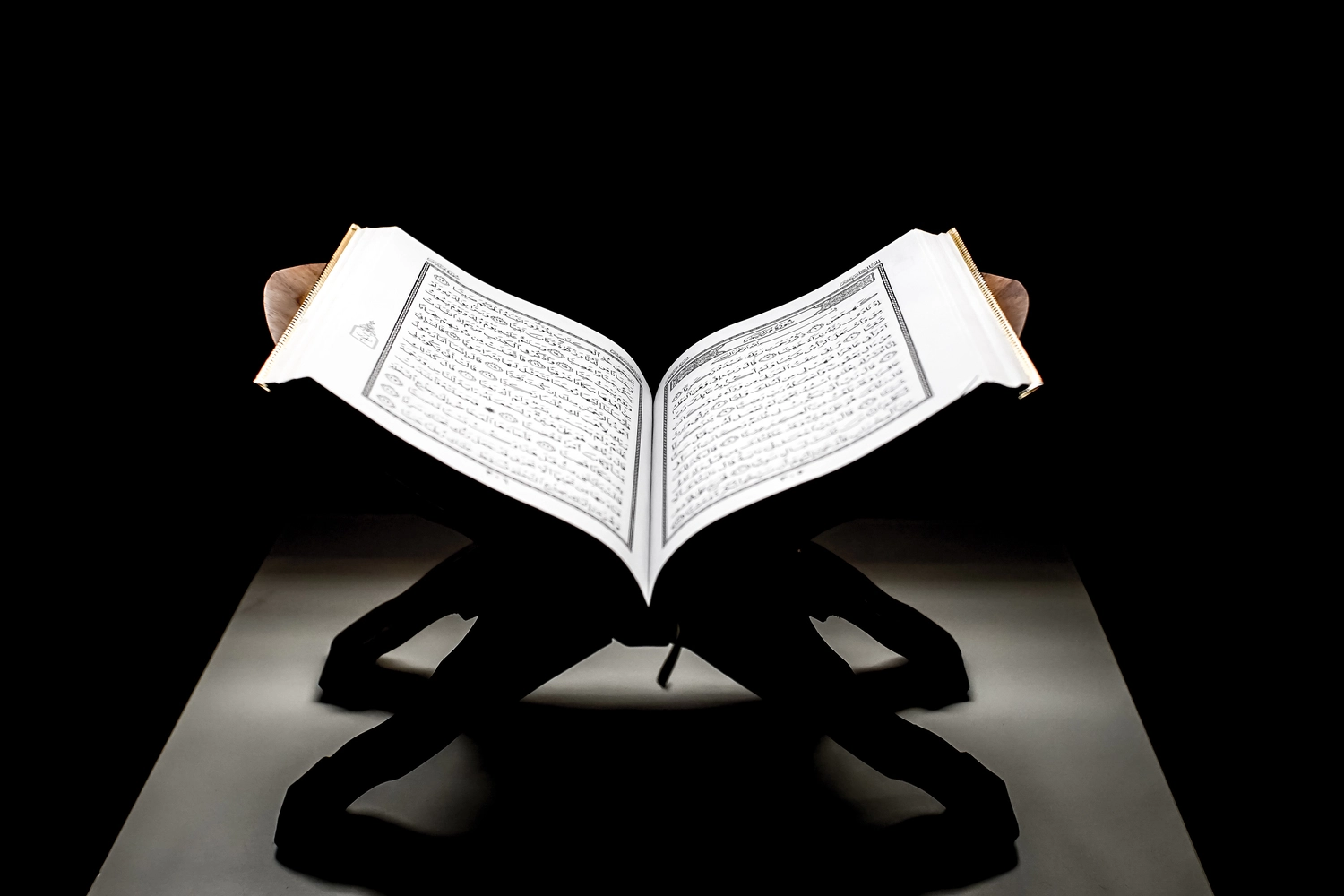What does the Qur’an say about the Gospel?

The Qur’an acknowledges the existence of previous divine scriptures and declares that their originals were revealed by God. The Torah, the Psalms, and the Gospel are among these true books. However, the Qur’an also informs us that these scriptures were later altered by human hands. The Gospel, too, was originally revealed to Jesus (peace be upon him) as a divine light and source of guidance, but in later periods it was changed by people, and its truths were obscured. Summarizing the Qur’an’s statements about the Gospel, the following points emerge:
1. The Gospel as an originally true scripture:
As explained in the Qur’an, just like the Torah and the Psalms, the Gospel was originally a true book revealed by God to Jesus (peace be upon him). Its source is divine revelation.
2. Its later corruption:
According to the Qur’an, the Gospel was indeed a true book revealed by God to Jesus (peace be upon him), a source of light and guidance. However, over time, it was corrupted by human intervention. The Qur’an states this reality with verses such as: “A group of them would hear the word of Allah and then, after they had understood it, knowingly distort it” (al-Baqarah, 75) and “They distort words from their [proper] places” (al-Mā’idah, 13). This corruption was not only a distortion of the text itself but also the result of false interpretations and the addition of misguided beliefs.
3. The Qur’an’s confirmation of the Gospel:
The Qur’an affirms the original Gospel, confirming the truth of monotheism contained within it and the prophethood of Jesus. However, it rejects the parts that were altered and distorted.
4. The Union of Christianity and Islam
The Qur’an contains verses that point to the eventual union of Christianity and Islam, and the Risale-i Nur interprets and clarifies these verses.
The Qur’an states that Jesus (peace be upon him) will return near the end of time, and that none of the People of the Book will be able to deny his true identity: “There is none of the People of the Book but will surely believe in him before his death; and on the Day of Resurrection, he will be a witness against them.” (al-Nisā’, 159). Likewise, “Indeed, he (Jesus) shall be a sign for the Hour” (al-Zukhruf, 61) also points to the end times. In light of these verses, the Qur’an informs us that Jesus will come again to the earth, affirm the true religion, and proclaim the reality of monotheism.
In the Risale-i Nur, these verses are interpreted as follows: In the end times, the true essence of Christianity that is, the monotheistic truths of the Gospel in its unaltered form will unite with Islam; and Jesus himself will spiritually serve this union. Thus, the pure truths of Christianity will stand side by side with the truths of Islam, overcoming the current of unbelief (the tribulation of the Antichrist). This reality indicated in the Qur’an is explained in the Risale-i Nur as “the alliance of Christian spiritual leaders with Muslims” and “the union of the true religions.”
To summarize: According to the Qur’an, the Gospel was a true book revealed to Jesus, but it was later corrupted by people. The Qur’an affirms the monotheistic truths within the original Gospel while rejecting the distorted elements. In the end times, however, the pure truths of the Gospel will unite with Islam, and the sovereignty of Truth will be established.





